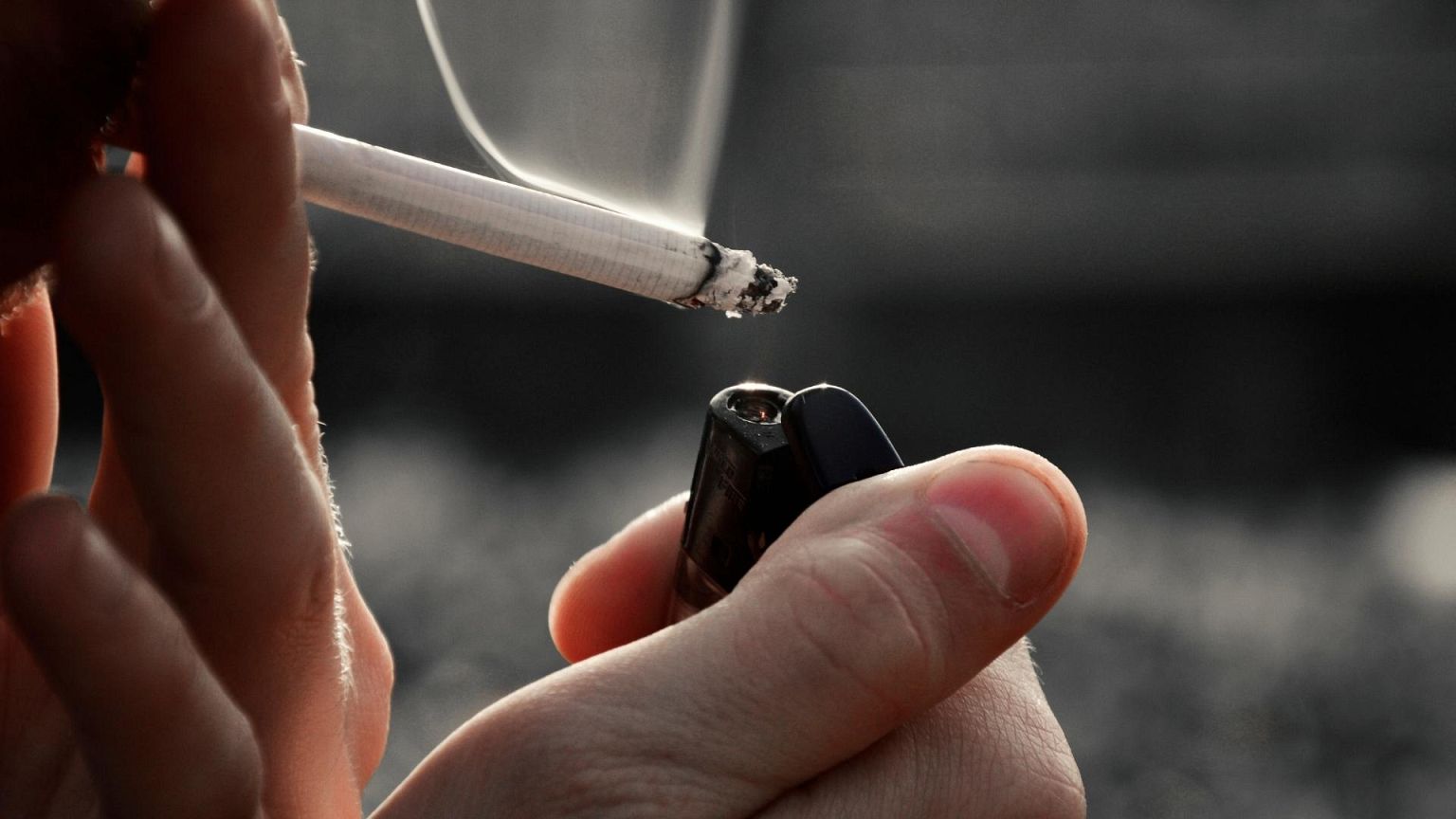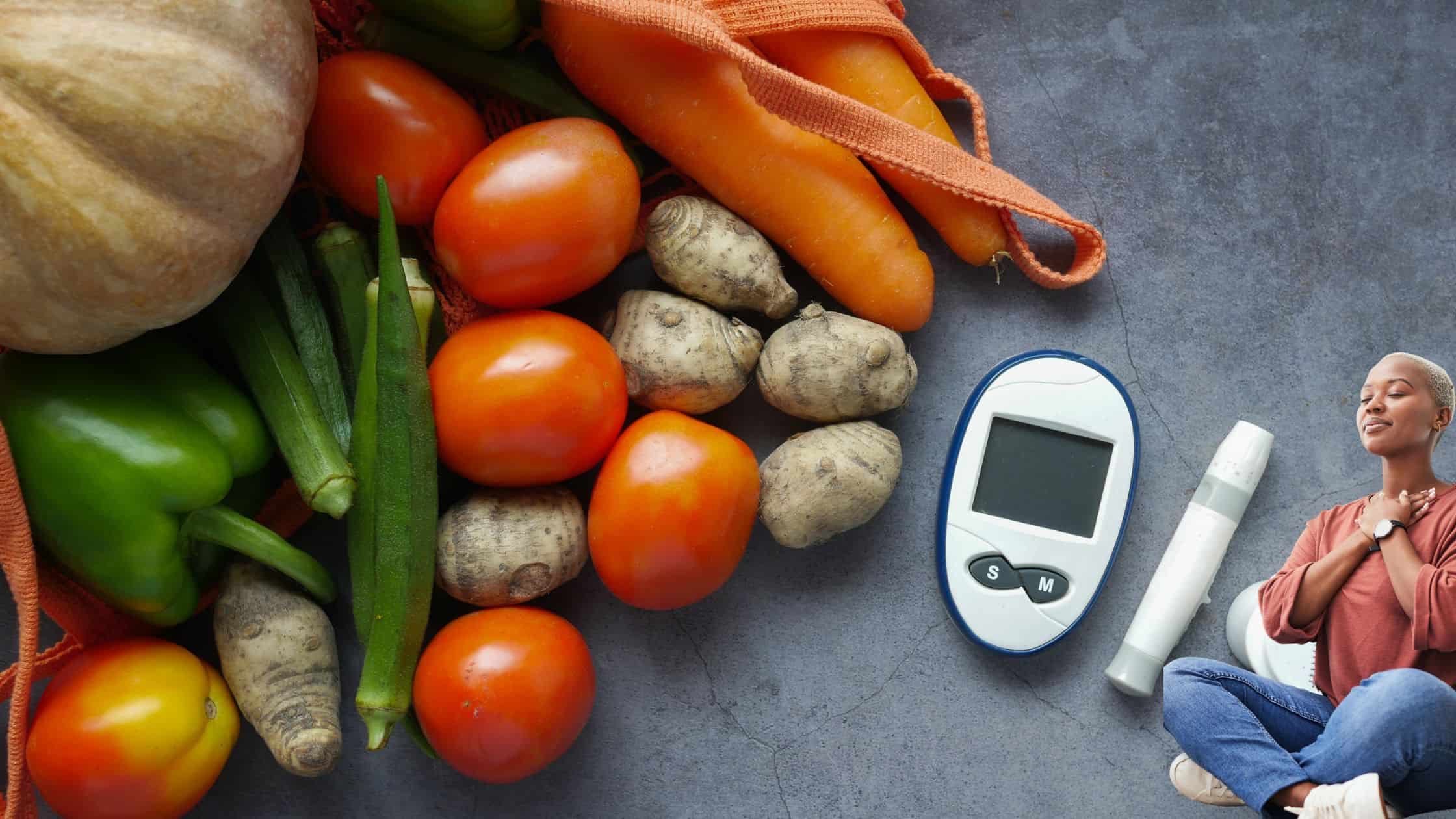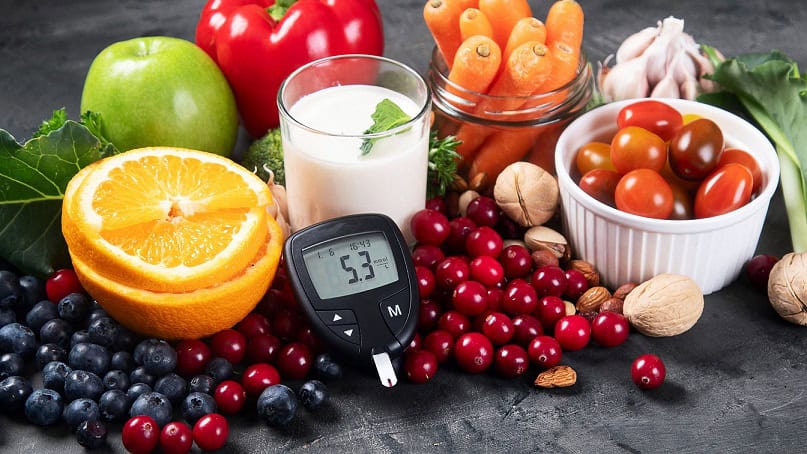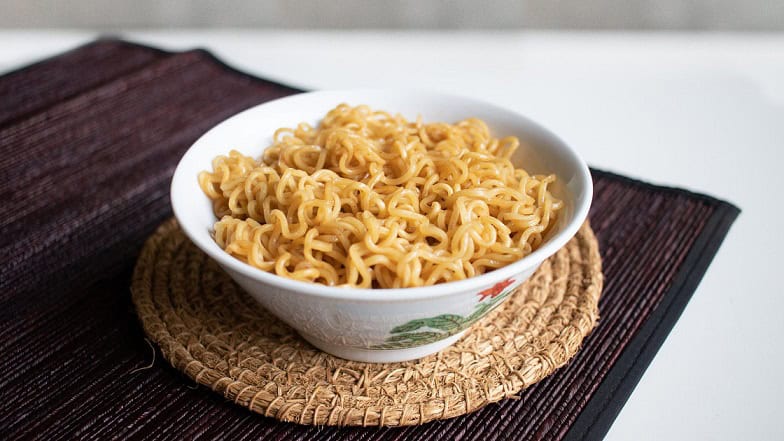Diabetes affected over 830 million people worldwide in 2022, according to the World Health Organization (WHO), with Type 2 diabetes accounting for approximately 95% of all cases. While proper management can help people with diabetes live healthy lives, certain bad habits can significantly worsen the condition, leading to serious complications and reduced quality of life.
Understanding which habits worsen diabetes is crucial for effective management. These detrimental behaviours can spike blood sugar levels, increase insulin resistance, and accelerate the development of diabetic complications such as neuropathy, retinopathy, and cardiovascular disease.
1. Poor Dietary Choices and Overconsumption of Refined Carbohydrates

One of the most damaging bad habits that worsens diabetes is consuming excessive refined carbohydrates and added sugars. Modern diets contain significantly more sugar than our ancestors consumed – we now consume more sugar in a week than previous generations consumed in an entire year.
High-carb foods to avoid include:
- White bread, muffins, and rolls
- Pasta, white rice, and processed grains
- Sugary beverages and fruit juices
- Cakes, cookies, and desserts
- Snack foods like chips and crackers
The Blood Sugar Impact
When you consume refined carbohydrates, your blood sugar levels spike dramatically. For people with diabetes, this creates a dangerous cycle where high blood sugar leads to increased medication needs, yet the underlying dietary problem remains unaddressed.
Researchshows that reducing carbohydrate intake can lower HbA1c levels by 0.7 percentage points in people with diabetes, even without weight loss. This improvement is significant because every increase in HbA1c above 7 increases the risk of diabetic complications by 25-35%.
2. Sedentary Lifestyle and Lack of Regular Exercise

Physical inactivity is among the most common bad habits that worsens diabetes. The American Diabetes Association recommends at least 150 minutes of moderate-intensity aerobic exercise per week, yet many people with diabetes fail to meet this guideline.
Consequences of inactivity include:
- Reduced insulin sensitivity
- Poor glucose uptake by muscles
- Increased risk of cardiovascular complications
- Higher HbA1c levels
- Increased risk of diabetic neuropathy
The Solution
Regular exercise allows muscles to use glucose more effectively, reducing blood sugar levels regardless of insulin production or insulin resistance. People with diabetes who walk at least two hours per week are less likely to die of heart disease than their sedentary counterparts.
3. Irregular Eating Patterns and Frequent Snacking

Constant snacking and irregular meal timing represent significant bad habits that worsen diabetes. When you eat frequently throughout the day, your body never gets a chance to use stored glucose, leading to persistently elevated blood sugar levels.
Problems with frequent eating:
- Prevents the body from burning stored sugar
- Keeps insulin levels chronically elevated
- Contributes to insulin resistance
- Makes blood sugar control more difficult
Better Eating Patterns
Implementing structured eating windows and avoiding snacks between meals can dramatically improve blood sugar control. Some people with diabetes benefit from intermittent fasting approaches, which can help reverse insulin resistance when done under medical supervision.
Also Read:
Best Nigerian Breakfast for Diabetics
4. Inadequate Sleep Habits

Poor sleep quality and insufficient sleep duration are often overlooked bad habits that worsen diabetes. Sleep deprivation affects hormone regulation, including insulin sensitivity and glucose metabolism.
Sleep recommendations for diabetes management:
- Aim for 6-8 hours of quality sleep nightly
- Maintain consistent bedtime schedules
- Create a relaxing pre-sleep routine
- Avoid screens before bedtime
- Keep the bedroom dark and cool
Research indicates that people with diabetes who don’t get adequate sleep have higher HbA1c levels and increased risk of complications.
5. Chronic Stress and Poor Stress Management

Chronic stress is one of the bad habits that worsens diabetes by elevating cortisol levels, which directly increases blood sugar. When stressed, the body releases hormones that make it harder for insulin to work effectively.
Stress management strategies:
- Practice meditation and mindfulness
- Engage in regular physical activity
- Try yoga and deep breathing exercises
- Maintain social connections
- Consider professional counseling when needed
Managing stress effectively can lead to measurable improvements in blood sugar control and overall diabetes management.
6. Smoking and Tobacco Use

Smoking is among the most dangerous bad habits that worsen diabetes. Tobacco use significantly increases the risk of diabetic complications and makes blood sugar control more challenging.
Smoking-related complications in diabetes:
- Increased cardiovascular disease risk
- Accelerated development of diabetic neuropathy
- Higher risk of kidney disease
- Impaired wound healing
- Reduced blood circulation
People with diabetes who smoke have a substantially higher risk of heart disease, stroke, and other serious complications compared to non-smokers with diabetes.
Also Read:
10 Best Fruits for Diabetic Patients
7. Regimen Non-Adherence

Skipping a regimen that helps reverse diabetes naturally will worsen the situation. Some people stop sticking to the plan when they feel better, but this can lead to dangerous blood sugar spikes.
Common medication mistakes:
- Skipping the three-pillar approach to naturally reverse diabetes
- Stopping the procedure abruptly
- Not adjusting procedural timing with lifestyle changes
- Self-medicating without professional supervision
Get Our Diabetes Diary Guidebook to Reverse Type 2 Diabetes Naturally
8. Excessive Alcohol Consumption

Heavy drinking is one of the bad habits that worsens diabetes by interfering with blood sugar regulation. Alcohol can cause both high and low blood sugar levels, making diabetes management unpredictable and dangerous.
Alcohol-related risks:
- Unpredictable blood sugar fluctuations
- Interference with diabetes medications
- Increased risk of hypoglycemia
- Poor dietary choices when drinking
- Dehydration affecting blood sugar control
If you choose to drink alcohol, do so in moderation and always monitor your blood sugar levels carefully.
9. Ignoring Blood Sugar Monitoring

Failing to monitor blood sugar regularly is among the bad habits that worsen diabetes by preventing early detection of problematic patterns. Without regular monitoring, you can’t make informed decisions about food, exercise, and medication timing.
Monitoring benefits:
- Identifies food sensitivities
- Tracks exercise effectiveness
- Prevents dangerous highs and lows
- Guides medication adjustments
- Provides data for healthcare providers
Test your blood sugar before meals, 1-2 hours after eating, and as recommended by your healthcare team.
10. Neglecting Foot Care and Regular Health Checkups

Poor self-care and skipping regular medical appointments are bad habits that worsen diabetes by allowing complications to develop undetected. Diabetic complications are easier to prevent than to treat once established.
Essential care habits:
- Daily foot inspections
- Regular eye exams
- Routine kidney function tests
- Blood pressure monitoring
- HbA1c testing every 3-6 months
Breaking Bad Habits: The Kaizen Approach
Start Small, Build Momentum
The key to overcoming bad habits that worsen diabetes is adopting the Kaizen principle – making small, continuous improvements rather than attempting dramatic changes overnight. This Japanese concept of “change for the better” allows your body and mind to adapt gradually.
Implementation strategies:
- Focus on one habit change at a time
- Start with the easiest modifications first
- Track your progress daily
- Celebrate small victories
- Be patient with yourself during setbacks
The Cost of Bad Habits
Financial and Health Impact
Bad habits that worsen diabetes carry significant costs. Diabetic foot complications can cost up to ₦500,000 to treat in Nigeria, and many patients face expensive ongoing treatments for complications that could have been prevented through better lifestyle choices.
Conclusion
Breaking bad habits that worsen diabetes requires commitment, patience, and often professional support. The good news is that Type 2 diabetes can often be reversed and put into remission naturally through dietary and lifestyle adjustments.
Remember that diabetes management is not about perfection but about making consistent, health-promoting choices. By identifying and gradually eliminating these ten bad habits, you can significantly improve your blood sugar control, reduce your risk of complications, and enhance your overall quality of life.
Get Our Diabetes Diary Guidebook to Reverse Type 2 Diabetes Naturally
Disclaimer: The materials contained in this article are based on the author’s experience and research through credible sources. The statements presented here are meant to help you improve your sugar levels and reverse/prevent diabetes complications, reverse your Type 2 diabetes and put it in Remission, but results may vary from person to person. In no event will Boedirep be liable for damages of any kind whatsoever arising from the use or misuse of our books and articles. The information presented here should not be interpreted as medical advice. If you have any doubts or concerns related to your diabetic condition, we strongly recommend you seek the counselling of your doctor. You can contact us too.






